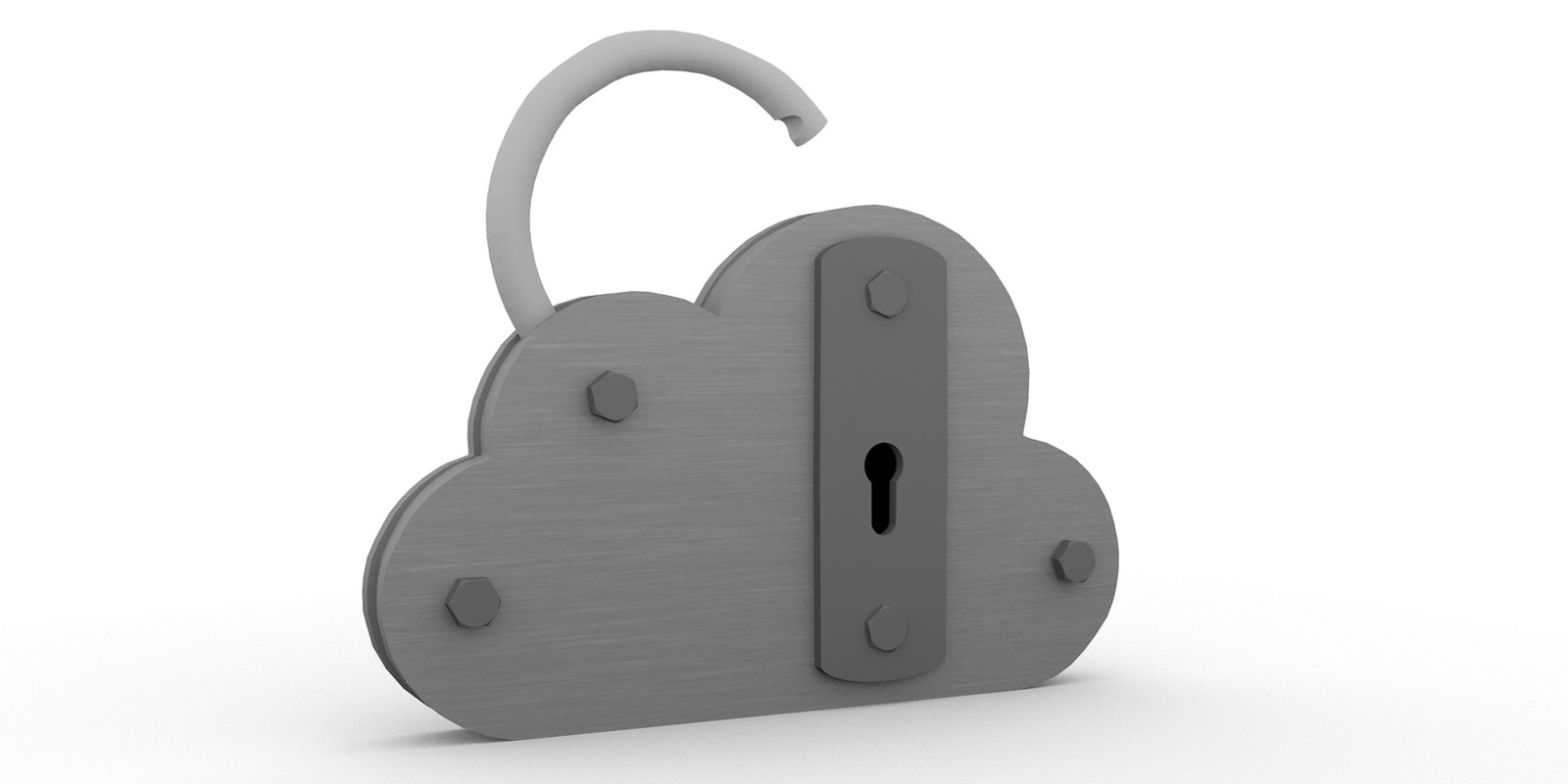Despite the seemingly daily flood of news about data breaches and government surveillance programs, a plurality of millennials believes that their personal data is safe and secure all or most of the time.
A Gallup survey conducted in late February and early March found that 44 percent of millennials believe their data is generally protected from hackers and spies.
Gallup broke down its findings by generation and discovered that trust in data security declined the further back one went generationally. While 44 percent of millennials trusted businesses with their data most or all of the time, that number was 32 percent for members of Generation X, 32 percent for baby boomers, and only 29 percent for so-called “traditionalists,” those born between 1922 and 1945.
As Gallup points out, the conventional wisdom has been that millennials—who grew up at a time when privacy violations were more likely and more damaging than at any time in history—would be less trusting of large institutions, such as banks and email providers.
Instead, the survey’s authors suggest, “millennials are fairly trusting, at least more trusting than skeptical.”
“Knowledge of [data] breaches alone would likely make people question the privacy and security of their online personal information,” the Gallup report says. “But millennials seem to rise above this, remaining trusting in the face of an abundance of evidence that their online data may not be very secure.”
Combine this finding with the bevy of news about the U.S. surveillance state unearthed by NSA whistleblower Edward Snowden and millennials’ seeming indifference to security threats becomes all the more troubling.
The Pew Research Center found complementary evidence about Americans’ lack of security concerns in a March report on post-Snowden privacy behavior. According to the report, only 34 percent of people who knew about the NSA programs exposed by Snowden had changed how they conducted themselves online.
Photo via FutUndBiedl/Flickr (CC BY 2.0)


